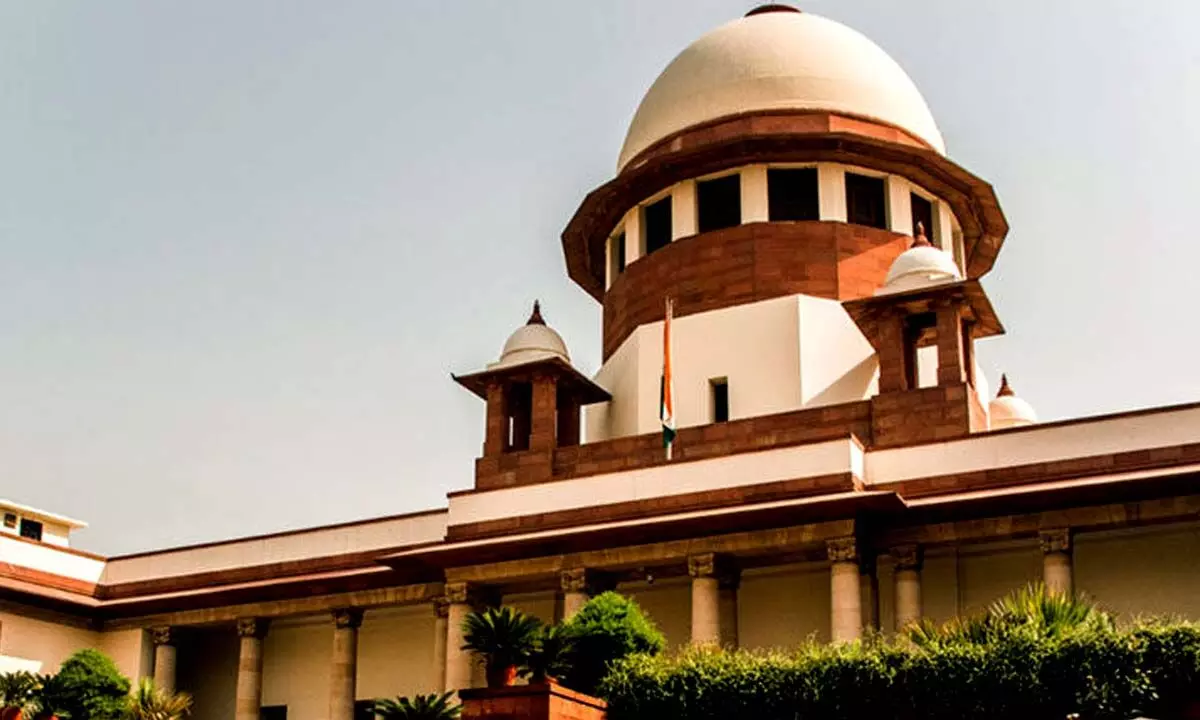


The Supreme Court reserved its verdict on Thursday on the highly contentious issue of whether the royalty payable on minerals is considered a tax under the Mines and Minerals (Development and Regulation) Act, 1957, and whether only the Centre is empowered to levy such exaction or if states also possess the authority to impose levies on mineral-bearing land within their territory.
A nine-judge bench, led by Chief Justice DY Chandrachud, heard the matter over eight days, while hearing a batch of 86 appeals filed by different state governments, mining companies, and public sector undertakings.
The bench, also including Justices Hrishikesh Roy, Abhay S Oka, BV Nagarathna, JB Pardiwala, Manoj Misra, Ujjal Bhuyan, Satish Chandra Sharma, and Augustine George Masih, deliberated on the arguments put forth by various parties, including the Central Government.
During the hearing, the apex court emphasized that the Constitution delegates the authority to levy taxes on mineral rights not only to Parliament but also to the states, emphasizing that such authority should remain intact. Attorney General R Venkataramani, representing the Centre, argued that the Union possesses overriding powers concerning taxing mines and minerals.
Solicitor General Tushar Mehta, also representing the Centre, stated that the Mines and Minerals (Development and Regulation) Act (MMDRA) comprehensively regulates state legislative power to impose taxes on minerals, with the central government having the authority to determine royalty. He argued that the MMDRA governs every aspect of mine and mineral regulation, thereby limiting the states’ ability to impose additional levies beyond those specified in the MMDRA and its accompanying rules.
Senior advocate Rakesh Dwivedi, representing Jharkhand, one of the petitioners, contended that royalty is distinct from tax, asserting that states retain the power to levy taxes on mines and minerals under Entries 49 and 50 of the State List. Entry 49 grants states the authority to levy taxes on lands and buildings, while Entry 50 permits states to impose taxes on mineral rights, subject to any restrictions imposed by Parliament regarding mineral development.
The case originated from a dispute between India Cement Ltd and the Tamil Nadu government. India Cement held a mining lease in Tamil Nadu and paid royalty to the state government. However, the state government imposed a cess in addition to royalty, prompting India Cement to challenge the measure in the Madras High Court, arguing that a cess on royalty constituted a tax beyond the state legislature’s jurisdiction.
The Tamil Nadu government contended that the cess constituted land revenue and was within its authority to impose on mineral rights.
In 1989, a seven-judge bench of the Supreme Court ruled in favor of India Cement, holding that while states could collect royalty under the MMDRA, they could not impose further taxes on mining and mineral development. However, a typographical error in this judgment was identified in 2004 by a five-judge constitution bench, which clarified that royalty itself was not a tax but that a cess on royalty constituted a tax. This led to further petitions being filed in the Supreme Court, culminating in the referral of the matter to a nine-judge bench to determine whether royalty constitutes a type of tax or if there was an error in the previous judgment.
During the eight-day hearing, Rakesh Dwivedi defended states’ authority to levy taxes on land and mineral activity, while a group of senior advocates including Harish Salve, Abhishek Singhvi, Arvind Dattar, AK Ganguly, Darius Khambata, Additional Solicitor General Aishwarya Bhati, and SK Bagaria contested his arguments. These advocates asserted that only Parliament could levy taxes on minerals under the MMDRA, leaving states devoid of the power to impose any taxes on mines and minerals.